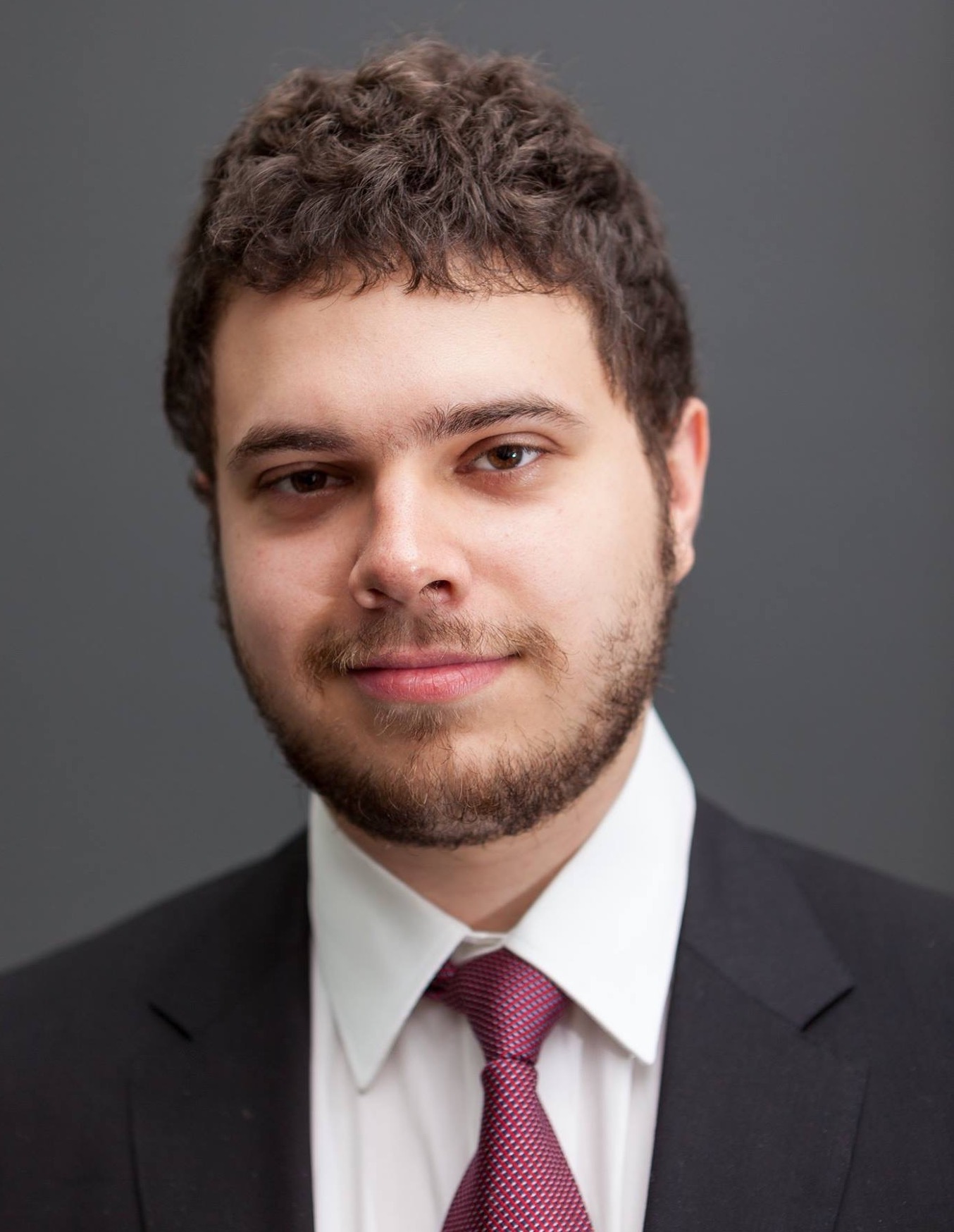Joe Kileel, Core Faculty at the Oden Institute for Computational Engineering and Sciences, and Assistant Professor of the Department of Mathematics, along with coauthors Ben Blum-Smith, Jonathan Niles-Weed, and Alex Wein, has been honored with the 2023 Charles Chui Young Researcher Best Paper Award. This prestigious recognition, presented annually to a young researcher contributing to exceptional papers in the Applied and Computational Harmonic Analysis (ACHA) journal, signifies outstanding contributions within the field.
The Charles Chui Award, accompanied by a cash prize and a certificate, holds significant prestige in the harmonic analysis community. Co-founder of ACHA in 1992-1993, Charles Chui has served as the managing editor-in-chief of the journal for the past 28 years.
The winning paper, titled "Estimation under group actions: recovering orbits from invariants," addresses the complexities of mathematical signal processing, specifically tackling the challenge of recovering signals from noisy measurements affected by group transformations, such as rotations. This innovative work has practical implications for fields like cryo-electron microscopy, where accurate orientation of biological samples is crucial.
Kileel highlighted the multi-faceted nature of the research, emphasizing the unique relationship between algebra and statistics pivotal in deciphering the complexities of signal recovery.
"We built a relationship between algebra and statistics to determine the minimal amount of data needed for signal recovery to be possible," he explained. The algebraic component was particularly instrumental in addressing the challenge posed by unknown rotations in the measurements, a key hurdle skillfully overcome by the research team.
The practical implications of their work extended into cryo-electron microscopy, with Kileel noting, "For the application to molecules, our results actually help confirm work of practitioners in the 1980s and 1990s." This validation underscores the real-world relevance of their mathematical findings, aligning well with empirical observations in the field.
Describing the interdisciplinary nature of the area, Kileel emphasized the collaborative synergy between mathematical theory and practical connections, especially in the context of cryo-electron microscopy. Used to estimate protein structures from noisy images, cryo-electron microscopy has been applied to the spike protein of COVID-19 recently.
However, this award is bittersweet, as the team mourns the untimely loss of coauthor Amelia Perry during the project. To honor Perry's legacy, the team has decided to make a donation to causes selected by her family, including LGBTQ legal advocates and defenders, as well as a summer math camp. Another co-author left out of the Charles Chui Award is Afonso Bandeira, who was deemed too senior to be an official awardee.
Kileel represented the team at the Fall Fourier Talks (FFT) 2023 Conference, organized by the Norbert Wiener Center for Harmonic Analysis and Applications at the University of Maryland. This conference provided a valuable platform to present the award-winning paper and engage with fellow researchers in the field.
Looking to the future, Kileel outlined ambitious goals. "For future work on this, I am interested in practical algorithms for molecule recovery with rigorous guarantees," he shared. This aspiration reflects a commitment to bridging the gap between theoretical insights and tangible applications, with the ultimate aim of making mathematical signal recovery methodologies more efficient and accessible.
